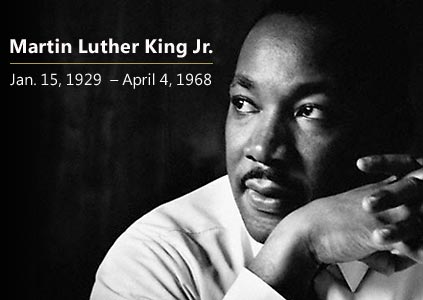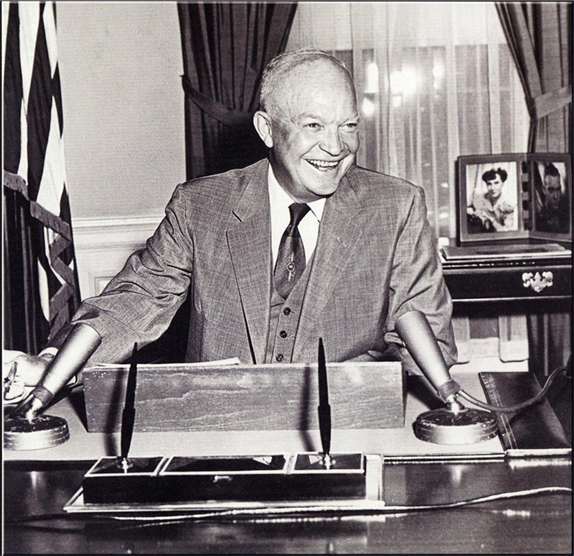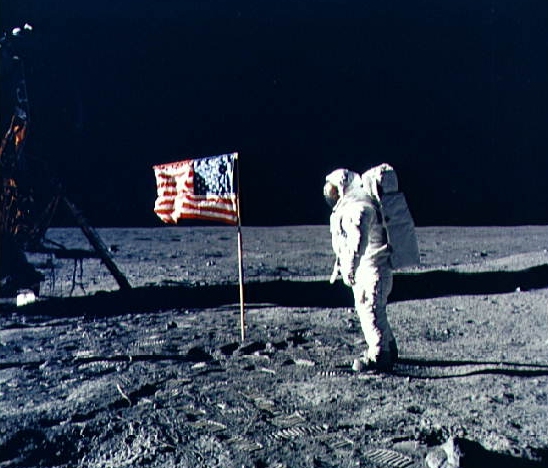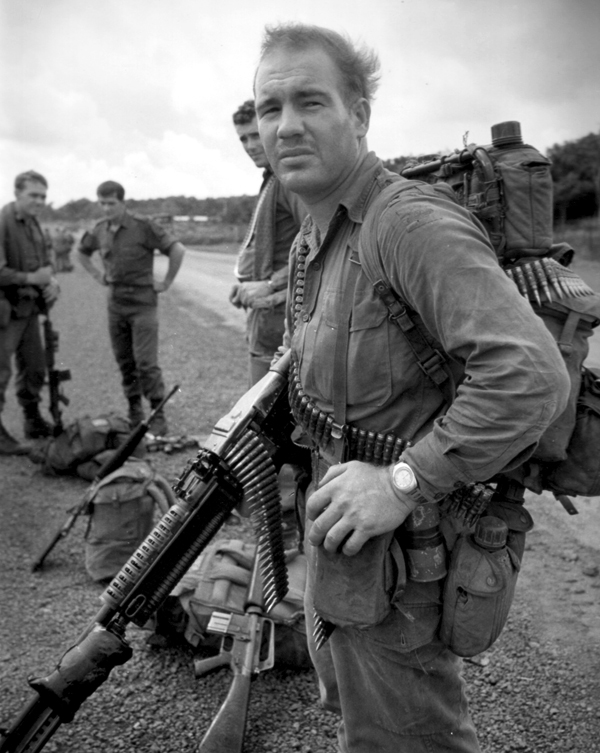
Not only did John F. Kennedy wish to accelerate the space program initiated by the Eisenhower administration, but he also wanted to restore America’s confidence in itself after the accomplishments of the Soviets in space.
To this purpose, seven men were selected to become Project Mercury astronauts: Scott Carpenter, Leroy Gordon Cooper, John Glenn Jr., Virgil “Gus” Grissom, Walter Schirra Jr., Alan Shepard Jr., and Donald “Deke” Slayton. There were three main goals to Project Mercury: to orbit a manned spacecraft around Earth, to investigate man’s ability to function in space, and to recover astronaut and spacecraft safely.
As mentioned before, the Soviet’s feats in space had shaken Americans. Understanding the need to restore confidence in Americans, Kennedy took the matter to Congress. On May 21, 1961, he took a strong stand in support of space exploration and asked for an additional $7 - $9 billion over the next five years for the space program. He did not justify this enormous funding on the basis of science and exploration but clearly showed the space race was a race between two competing ideologies: democracy and communism.
Within a year, Alan Shepard and Gus Grissom became the first two Americans to travel into space, soon followed by John Glenn Jr. becoming the first American to orbit Earth.
The sudden barrage of success quickly inspired medical researchers, engineers, test pilots, machinists, factory workers, businessmen, and industrialists to work together to achieve yet another goal: to reach the moon
As space exploration continued through the 1960s, the United States was well on its way to the moon. Eventually, with the creation of the Apollo Program (its purpose specifically to land on the moon) and further research President Kennedy’s dream was soon accomplished. On July 20, 1969, the Apollo 11 astronauts successfully landed on the moon and returned safely to Earth.
As a result of the space program, universities expanded their science programs. The huge amount of federal funding during the drive for space exploration gave rise to new industries and technologies. Many of these could be used in business, industry, and new consumer goods. Also, new industries involving space and defense soon sprang up.
by Andy and Jonathan







 Martin Luther King Jr. Jan 16,1929 - April 4,1968
Martin Luther King Jr. Jan 16,1929 - April 4,1968






















